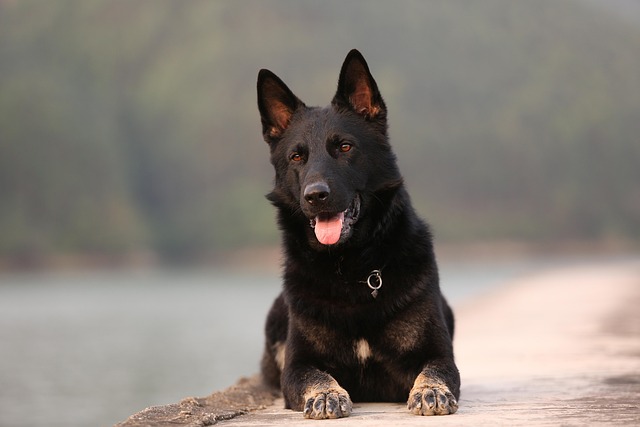
Are paw protectors good for dogs
Imagine you’re in a snowy Boston afternoon, lacing up your boots while your 10-month-old Golden Retriever, Leo, wags his tail by the door.
Imagine you’re in your New York City apartment, trying to give your 18-month-old Boston Terrier a belly rub—they usually lean into it, but today they pull away, whimpering when your hand brushes their mouth. Later, you catch them avoiding their favorite hard chew toy, and a sour, rotten smell hits your nose when you lean in. If this panic feels familiar, you’re one of millions of new U.S. dog owners asking, “Why does my dog have tooth decay?” It’s easy to miss (we forget dogs get cavities too!), but the causes almost always tie to small daily habits—like what they eat or how often we check their teeth.
Here’s the simple science (no dentist jargon!): Dog tooth decay starts with plaque—a sticky film of food, bacteria, and saliva that builds up after meals. Skip brushing or scraping it off, and it hardens into tartar (yellow-brown crust near gums) in 3-5 days. Tartar erodes enamel (the tooth’s hard outer layer) and irritates gums, leading to cavities and pain. Small breeds like Chihuahuas are extra prone—their tiny mouths have crowded teeth, trapping plaque. My friend in Chicago learned this the hard way: She gave her Pomeranian soft peanut butter treats daily and skipped teeth checks—six months later, the vet found two cavities from sugar sticking to his teeth. This is why understanding tooth decay causes is key to fixing it.
You can spot (and fix!) these causes with simple steps. First, tweak their diet: Soft, sugary treats (like leftover cake crumbs) stick to teeth more than crunchy kibble or VOHC-seal dental chews (look for that seal—it means they reduce plaque!). Frozen carrot sticks work too—safe, cheap, and crunchy. Next, make teeth checks a weekly habit: Gently lift their lips to spot red gums, yellow tartar, or black spots (early cavities). If they squirm, use positive reinforcement—offer a tiny freeze-dried chicken treat after each check, so it feels fun, not a chore. For apartment living, pick quiet dental toys (rubber Kongs stuffed with peanut butter) over noisy bones—neighbors will thank you, and it scrapes plaque while they play.
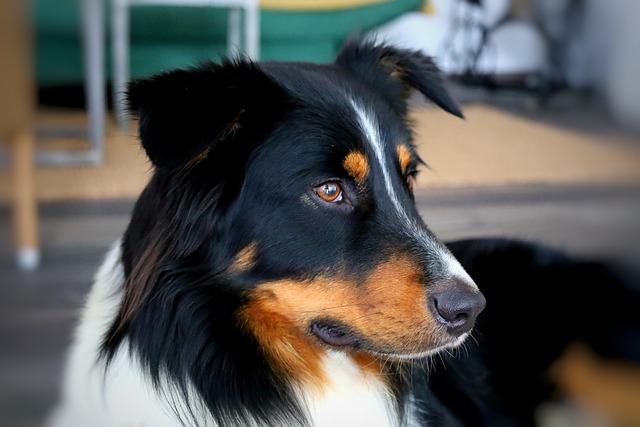
Don’t skip U.S. rules and norms tied to dental health. First, keep your dog’s rabies vaccines up to date—most vets won’t do a dental exam (to catch decay early) without current shots, and doggy daycares require this too. Always carry waste bags on walks: Leaving poop behind is illegal (I saw a dad get a $35 ticket in Denver!) and lets your dog eat bacteria-filled dirt that worsens gum issues. In apartments, avoid late-night dental play—noisy chews at 10 PM upset neighbors, so stick to morning/evening slots. Most importantly, never punish resistance to teeth checks: Yelling or holding their mouth shut violates U.S. animal welfare standards (the ASPCA calls this “trust-breaking”). Take it slow—10 seconds of lip-lifting, a treat, and build up.
If you see decay signs (red gums, bad breath, avoiding chews), call a vet ASAP—they’ll clean tartar and fix small cavities. With diet swaps and gentle checks, you’ll keep your pup’s teeth healthy—and that stinky breath gone.

Imagine you’re in a snowy Boston afternoon, lacing up your boots while your 10-month-old Golden Retriever, Leo, wags his tail by the door.
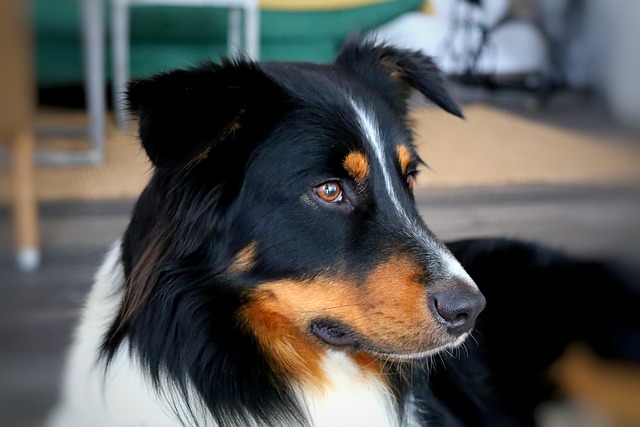
Imagine you’re in your New York City apartment, tossing your 18-month-old Lab mix their favorite rubber chew toy—they usually pounce on it
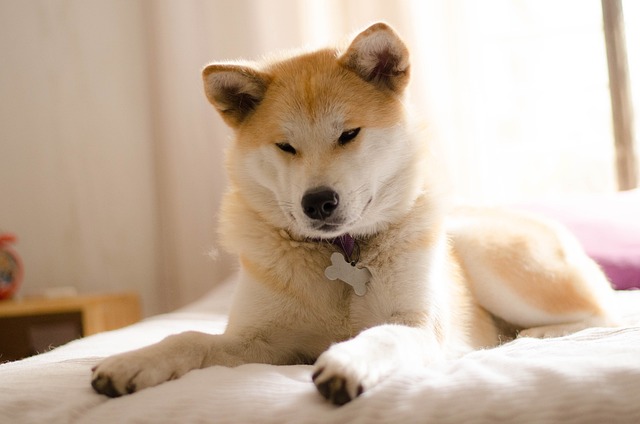
Akitas are striking dogs, but living with one comes with unique challenges that many first-time owners underestimate. Their independent streak runs deep—this isn’t a breed that craves constant attention or blindly follows commands.
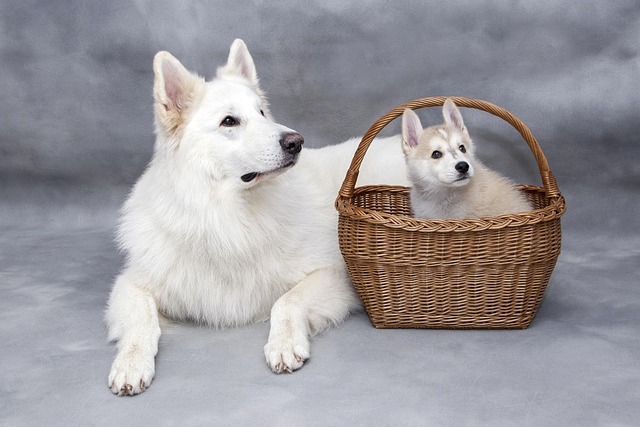
Imagine you’re in your Seattle apartment, handing your 2-year-old Shih Tzu their favorite hard dental chew—they usually grab it and run to their bed, but today they sniff it
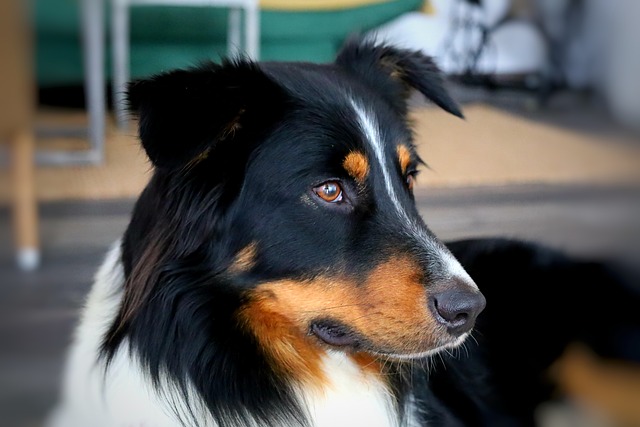
Imagine you’re in your New York City apartment, trying to give your 18-month-old Boston Terrier a belly rub—they usually lean into it, but today they pull away
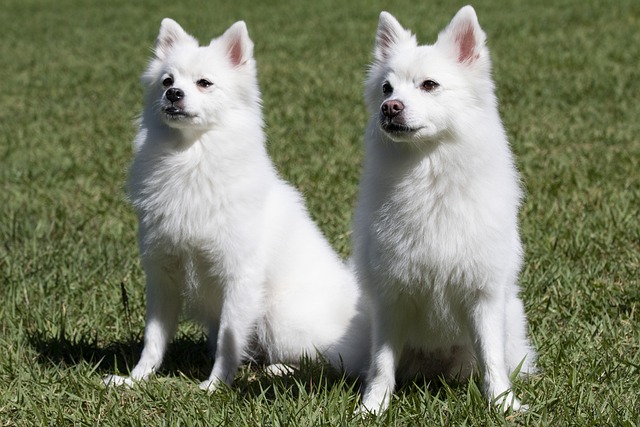
Imagine you’re in your Brooklyn apartment kitchen, stirring a pot of cooked chicken and rice for your 6-month-old Corgi pup.